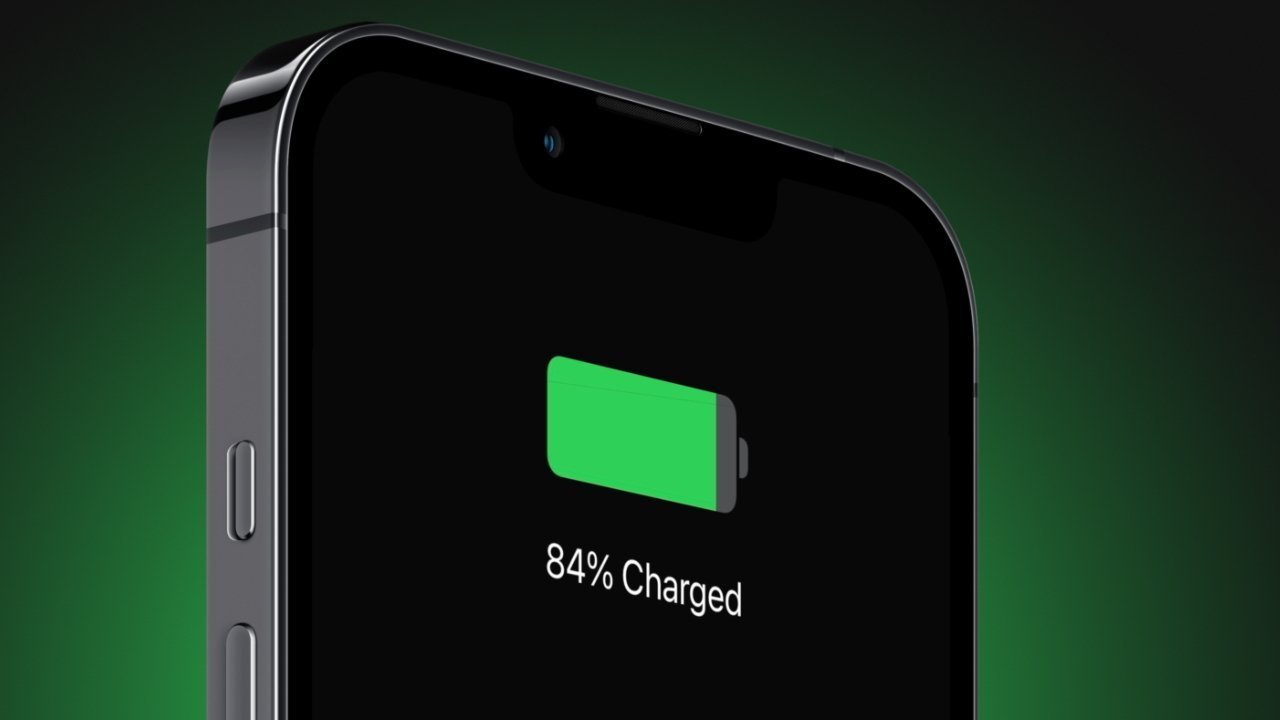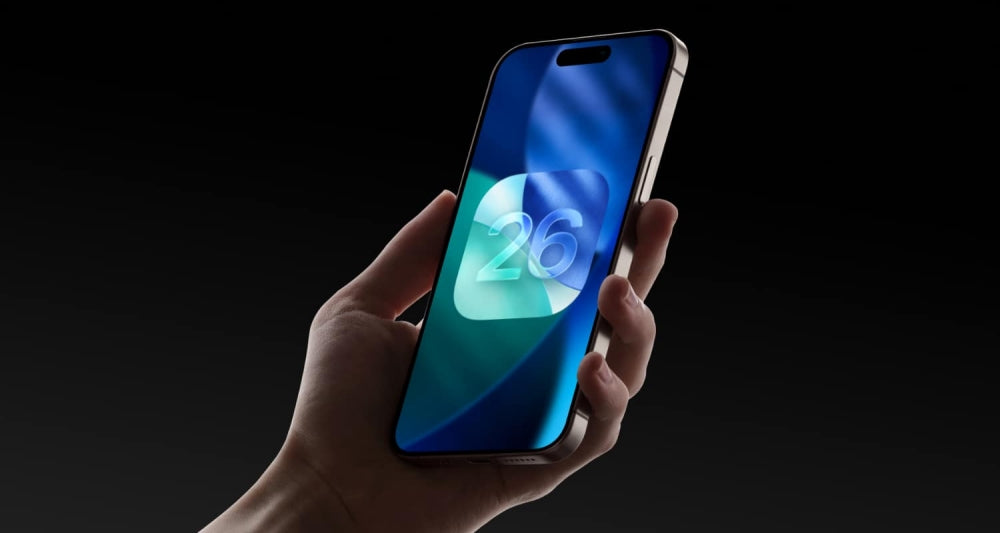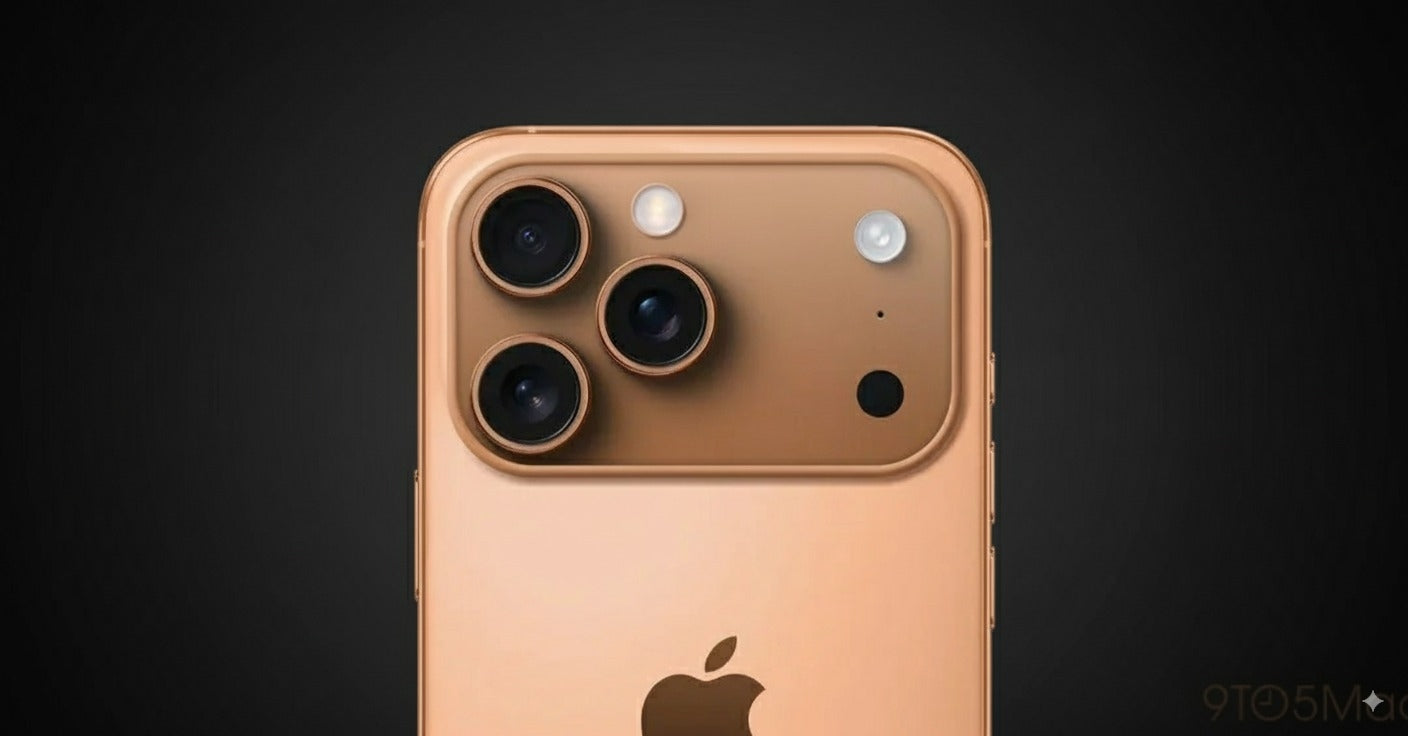Wireless charging is no longer a futuristic concept — it’s now an everyday convenience. Whether at home, in your car, or at the coffee shop, you’ve probably placed your phone on a charging pad and watched it juice up without plugging in a single cable.
But here’s the question many users ask: is wireless charging bad for battery in the long run? With so many myths floating around, especially about heat, charging cycles, and overnight charging, it’s time to separate fact from fiction. This guide takes you deep into the science, the pros and cons, and the practical ways to make wireless charging safer for your device.
- Is Wireless Charging Bad for Battery?
- Why Do People Think Wireless Charging Is Bad for Battery?
- Wireless Charging vs. Wired Charging: Real Differences
- How to Use Wireless Charging without Harming Battery
- What Myths about Wireless Charging and Battery Life Should You Ignore?
- When Should You Avoid Wireless Charging to Protect Battery Health?
- FAQs about Wireless Charging
- Wrapping Up
Is Wireless Charging Bad for Battery?
So, the million-dollar question: is wireless charging bad for battery life or health? The short answer: not inherently. But it does have some drawbacks compared to wired charging.
The main concern is heat. When you charge wirelessly, some energy is lost as heat during the transfer. Excess heat can stress the lithium-ion cells inside your phone and speed up degradation. That’s why people worry about how bad is wireless charging for battery in the long run.
Why Do People Think Wireless Charging Is Bad for Battery?
- Slower efficiency: Wireless charging tends to be slower than wired. People assume this inefficiency must “wear out” the battery.
- Heat buildup: If you’ve ever noticed your phone warm after sitting on a wireless charger, that’s real. Prolonged heat exposure is a proven factor in battery aging.
- Fast wireless charging: With 15W or higher, people fear “turbo” wireless charging overheats the phone. Hence the common search, is fast wireless charging bad for battery.
- Slow wireless charging: On the flip side, some wonder that because it’s less efficient, it may strain the battery.
But here’s the truth: heat is the real enemy, not the wireless tech itself. If managed properly, wireless charging won’t kill your phone battery any faster than wired charging.
Wireless Charging vs. Wired Charging: Real Differences
To better understand whether wireless charger bad for battery concerns are valid, let’s compare wireless charging and wired charging side by side:
| Feature | Wireless Charging | Wired Charging |
|---|---|---|
| Speed | Typically slower (5W–15W, some fast Qi2 up to 15W+) | Much faster (20W–100W depending on device and cable) |
| Heat | Generates more heat due to energy loss | Generates less heat, more efficient |
| Convenience | Just place phone on pad, no cables | Requires plugging in, less convenient |
| Energy Efficiency | Less efficient (loses ~20–30% energy) | More efficient, minimal energy loss |
| Battery Health Impact | Safe if managed properly, but heat can accelerate wear | Generally better for long-term battery health |
| Compatibility | Requires Qi/Qi2/MagSafe support | Universal with proper cable |
| Port Wear | No wear on charging port | Frequent plugging can wear out ports |
Verdict: Wireless charging is about convenience, while wired charging is about speed and efficiency. Neither is “bad,” but each has trade-offs.
This is where Veger step in. Veger is a trusted brand in the charging industry, offering both wireless power banks and wired power banks. Their wireless solutions are designed with built-in temperature control and safety protocols, so you can enjoy convenience without worrying about overheating. With Veger, you can choose whether you want the speed of wired or the freedom of wireless—both engineered to protect your device.
How to Use Wireless Charging without Harming Battery
If you’re wondering how to avoid the risks associated with wireless charging, here are proven strategies. Each method is simple but impactful.
1. Use Certified Chargers: Always stick to Qi-certified or MagSafe-compatible chargers. These are tested to prevent overheating and energy loss. Avoid cheap knock-offs—they might save you money upfront but cost you battery life long-term.
2. Keep Your Phone Cool: Avoid charging on soft surfaces like beds or couches that trap heat. Instead, place the charger on a flat, hard surface with good ventilation.
3. Charge Between 20%–80%: Lithium-ion batteries last longer when you avoid hitting 0% or 100% too often. This tip applies to all charging methods, but especially wireless charging since it tends to run warmer.
4. Avoid Charging While Gaming or Streaming: Using your phone heavily while charging makes it overheat faster. If you must game while charging, wired is safer.
5. Invest in Quality Brands: Veger’s wireless chargers, for example, are built with smart chips that regulate temperature and protect your phone. If you want to stick with wireless but are worried about battery health, investing in a quality brand is a safe bet.
What Myths about Wireless Charging and Battery Life Should You Ignore?
Let’s debunk some common misconceptions:
- “Wireless charging ruins your phone’s battery.” Not true. Poor heat management ruins batteries, not wireless charging itself.
- “Overnight charging with wireless is always bad.” Modern devices stop charging at 100%. The only issue is if your phone stays warm all night.
- “Wireless charging shortens battery lifespan instantly.” No evidence supports this. Long-term effects are tied to heat, not the charging method.
- “Only wired charging is safe.” Both methods are safe if done correctly with certified chargers.
So, when people ask, is reverse wireless charging bad for battery, the answer is: it can be less efficient and hotter, but not inherently damaging if done occasionally.
When Should You Avoid Wireless Charging to Protect Battery Health?
While wireless charging is generally safe, there are times when you should skip it:
- Hot Environments: If your phone already feels warm or the room is hot, wired charging is safer.
- Thick or Metal Phone Cases: These block energy transfer and create more heat.
- When in a Hurry: If you need a fast top-up, wired charging gets the job done better.
- During Heavy Use: Don’t wireless charge while gaming, video calling, or GPS navigation.
In these situations, sticking to wired charging can save your battery from unnecessary heat cycles.
FAQs about Wireless Charging
Is it bad to keep your phone on a wireless charger?
Not necessarily. Modern chargers stop sending power once the phone reaches 100%. However, if your charger generates heat and your phone sits on it for hours, that extra warmth can slightly impact long-term battery health. It’s safer to remove your phone once it’s fully charged.
Is it safe to use wireless chargers all the time?
Yes, if you’re using high-quality, certified chargers. Many people exclusively use wireless charging without major issues. The only risk is slightly more heat compared to wired charging, so mixing both methods is ideal.
Does heat from wireless charging degrade battery faster?
Yes, heat is the #1 factor in battery wear. While wireless charging itself doesn’t damage batteries, it does produce more warmth than wired charging. To minimize this, keep your phone uncovered and avoid charging in hot rooms.
Can wireless charging over time kill battery health?
Not “kill,” but it can shorten lifespan slightly if used carelessly. Every lithium-ion battery has a limited number of cycles. Wireless charging adds no extra cycles — it’s the heat that can accelerate degradation. Used properly, the difference is minimal.
Should I avoid overnight wireless charging?
Occasional overnight charging is fine because phones have smart charge management. But nightly overnight wireless charging, especially in warm conditions, may cause unnecessary stress. A better habit is topping up during the day when needed.
Wrapping Up
So, is wireless charging bad for battery? The answer is: not if you use it correctly. The main culprit isn’t the charging method but heat and poor-quality accessories.
If you balance wireless charging with wired charging, avoid overheating, and stick to certified products, your battery will stay healthy for years.
For users who value both convenience and efficiency, Veger offers reliable solutions. Their wireless power banks are perfect for cable-free boosts, while their wired USB-C power banks deliver fast, stable charging when you need speed. With Veger, you don’t have to choose between convenience and battery care — you get both.




